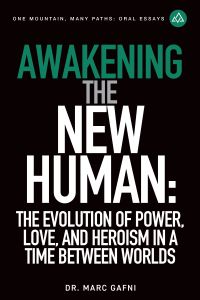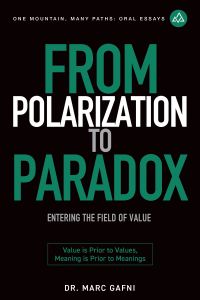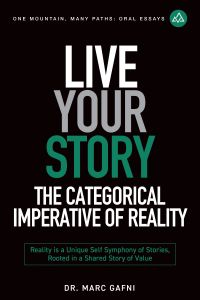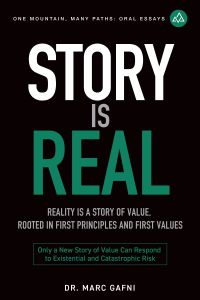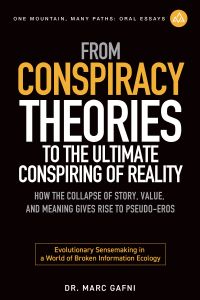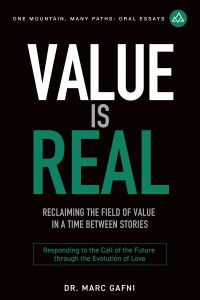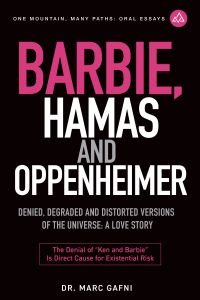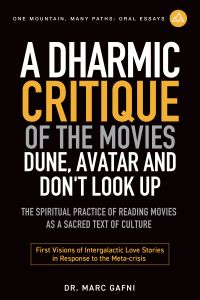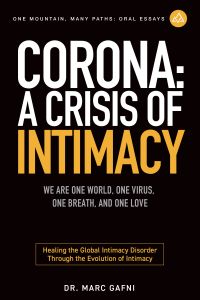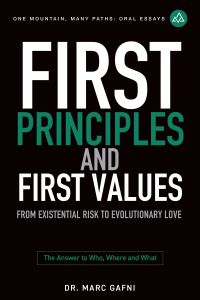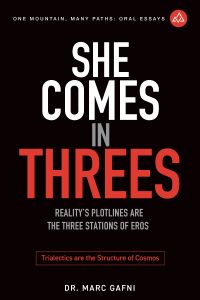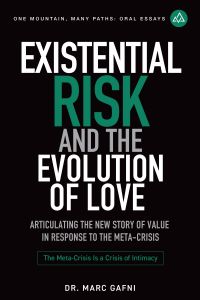The Road to CosmoErotic Humanism – “Angel Tears” Part 3
Dr. Marc Gafni on The Integral Stage Podcast
Our exploration of “The Evolution of Tears” concludes with a look at the role of sorrow in visionary experience & spiritual maturity with a special focus on the need to reclaim and integrate the tears that we might displace onto “the angels.” The key textual references here are Isaac and Ishmael.
This podcast is the third and final part 3 of the conversations on the Book “Tears” by Dr. Marc Gafni in the exploration of CosmoErotic Humanism.

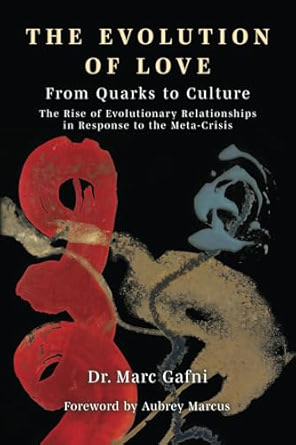
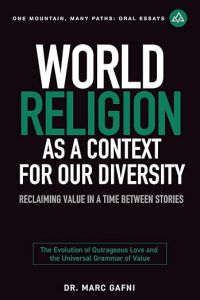

 Ken Wilber
Ken Wilber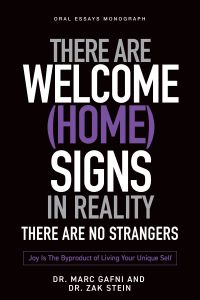
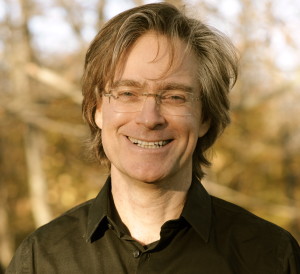 Dr. Marc Gafni is a leading public intellectual and teacher impacting the source code of global culture.
Dr. Marc Gafni is a leading public intellectual and teacher impacting the source code of global culture.
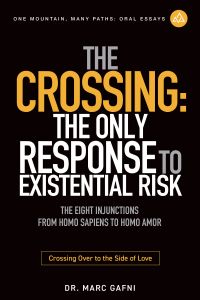
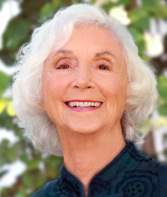 Barbara Marx Hubbard (born Barbara Marx; December 22, 1929–April 10, 2019) was an American futurist, author, and public speaker. She is credited with the Wheel of Co-Creation and together with Dr. Gafni, the Wheel of Co-Creation 2.0, as well as the concepts of the Synergy Engine and the “birthing” of humanity.
Barbara Marx Hubbard (born Barbara Marx; December 22, 1929–April 10, 2019) was an American futurist, author, and public speaker. She is credited with the Wheel of Co-Creation and together with Dr. Gafni, the Wheel of Co-Creation 2.0, as well as the concepts of the Synergy Engine and the “birthing” of humanity.